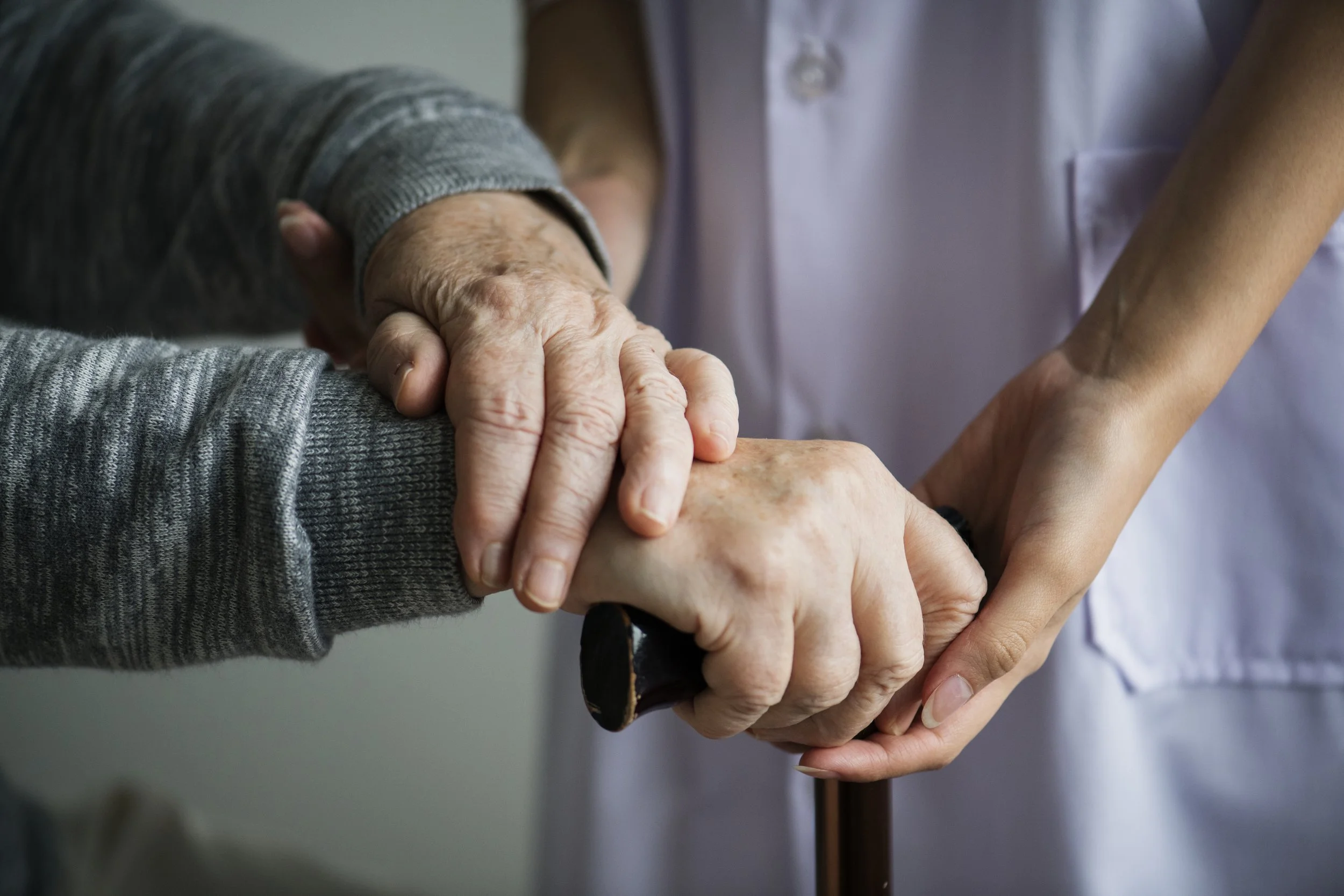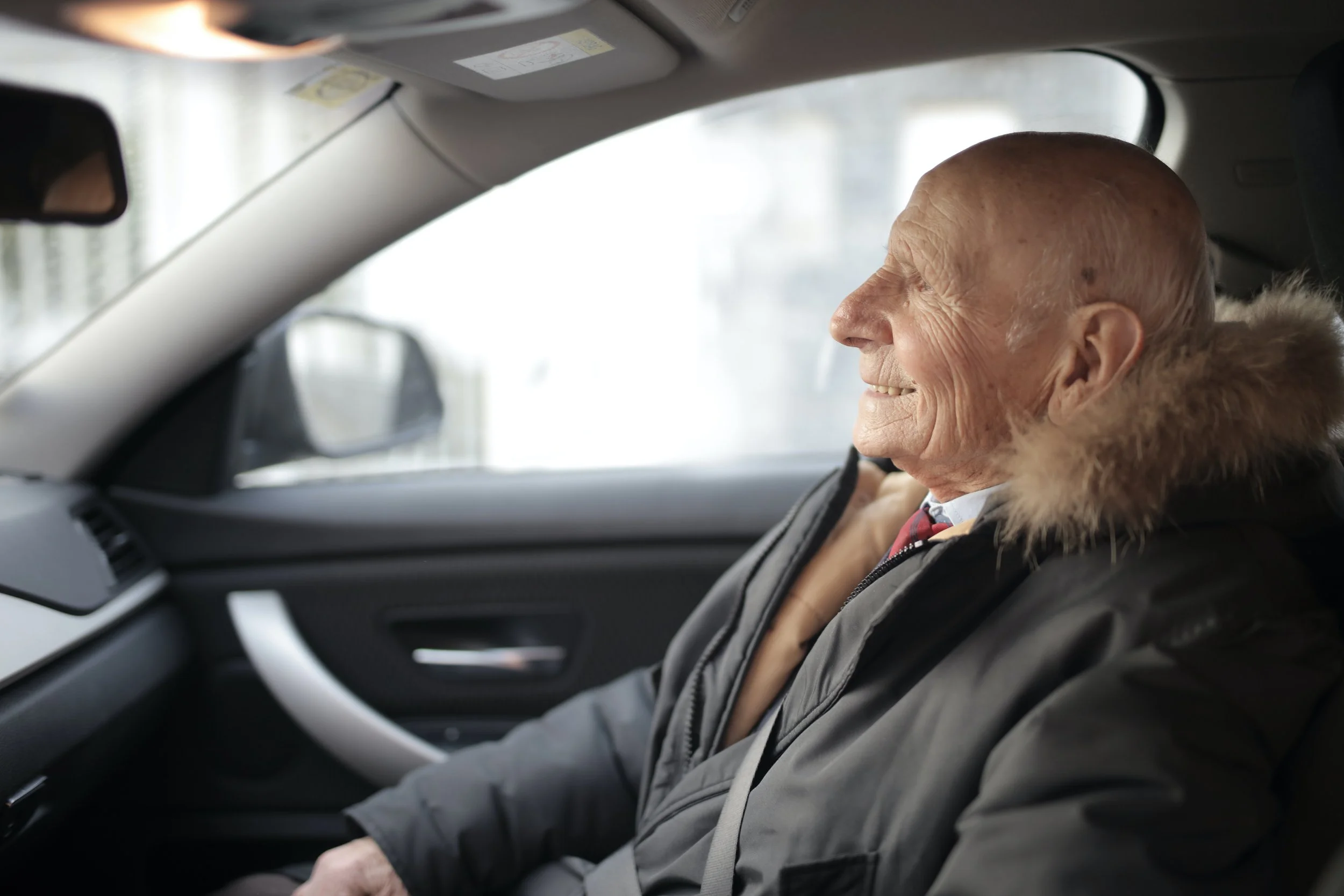Relocating seniors over a long distance by airplane
When it comes to moving seniors to a new home, flying is often the most convenient and efficient option for long-distance relocations. However, it is important to follow some best practices to ensure that the experience goes smoothly for all involved.
One of the key steps in preparing for a long-distance senior relocation by airplane is to create a detailed plan and checklist. This should include talking to the senior's doctor to ensure that they are medically cleared to fly, booking flights as far in advance as possible, and making arrangements with the airport and airline for any special assistance that may be needed. It is also important to arrange dependable ground transportation to and from the airport and to pack all necessary medication and other essential items in the carry-on luggage.
On the day of the flight, it is important to arrive at the airport at least two hours in advance, wear comfortable shoes, and invest in plane seats with plenty of legroom. It is also a good idea to bring plenty of snacks and water and to carry a list of emergency contacts in the carry-on luggage. If necessary, do not hesitate to ask for assistance from airport staff or the airline.
After the flight, it is important to follow through on any arrangements made with the destination airport for special assistance, double-check ground transportation, and ensure that the seniors have a chance to rest and hydrate once they arrive at their destination. It is also a good idea to unpack and organize their belongings as soon as possible, and to familiarize them with their new surroundings.
By following these tips and partnering with professional senior relocation services, it is possible to make the process of long-distance senior relocation by airplane as smooth and stress-free as possible.
Here are some additional details about the best practices for long-distance senior relocation by airplane:
Consult with the senior's doctor: Before booking flights, it is important to consult with the senior's doctor to ensure that they are medically cleared to fly. If the senior has chronic medical conditions, it may be necessary to have a flight nurse accompany them on the trip to manage medications, medical equipment, and any issues that may arise during the flight.
Book flights in advance: To get the best rates, it is advisable to book flights as far in advance as possible. If possible, choose non-stop flights to minimize the number of times the senior has to get on and off a plane and navigate multiple airports.
Make arrangements with the airport and airline: It is a good idea to call the airport and airline in advance to make any necessary arrangements for special assistance, such as wheelchairs or other assistance in going through security and boarding the plane. You can also request special seating arrangements on the plane to ensure the senior's comfort.
Arrange ground transportation: Make sure to arrange dependable ground transportation to and from the airport, both at the origin and destination. This can include transportation services such as taxis, ride-sharing apps, or shuttle services.
Pack essentials in carry-on luggage: Make sure to pack all necessary medication and other essential items, such as snacks and extra water, in the carry-on luggage. It is also a good idea to bring a list of emergency contacts in case of any issues during the flight.
Arrive early at the airport: To avoid feeling rushed, it is advisable to arrive at the airport at least two hours before the flight is scheduled to depart. Wear comfortable shoes and consider investing in plane seats with plenty of legroom to ensure the senior's comfort during the flight.
Follow through on arrangements with the destination airport: After arriving at the destination, follow through on any arrangements made with the airport for special assistance, such as wheelchairs or other assistance in getting through security and exiting the airport.
Double check ground transportation: confirm that the transportation is ready to take you to your final destination, whether it is a hotel or a new residence. Having dependable transportation in place can help to reduce stress and make the trip go smoothly.
Wash hands: After arriving, it is important to wash your hands thoroughly to prevent the spread of germs.
Drink water: After the flight, it is important to drink plenty of water to stay hydrated, as the air inside an airplane can be dry.
Get rest: If possible, it is advisable to rest after the flight to allow the senior to recover and acclimate to the new environment. Consider taking a short rest before making any additional stops or embarking on any activities.
Stay safe: Be mindful of the senior's safety while traveling, and take steps to protect them from potential dangers such as pickpockets, scams, and other types of crime. Consider using a travel security belt to keep important documents and cash safe, and consider purchasing travel insurance to protect against unexpected emergencies.
Stay organized: Keep track of important documents and other items while traveling, and consider using a travel organizer or a small bag to keep everything organized and easily accessible.
Stay in touch: Make sure to keep in touch with a trusted friend or family member while traveling, and provide them with an itinerary and contact information in case of any emergencies
If you are ready to relocate your loved one and would like to learn more about how we can help, please don't hesitate to contact us. Our team is here to support you and make the transition as smooth and stress-free as possible. We look forward to serving you and your loved ones.


